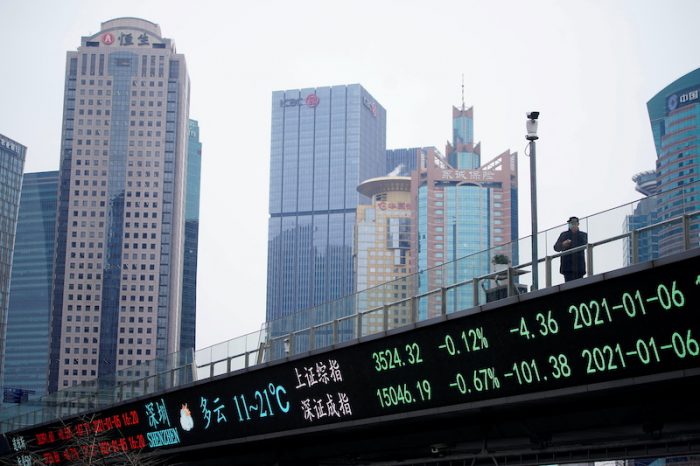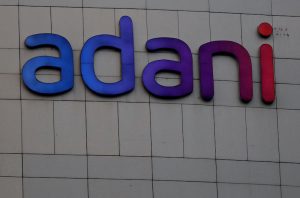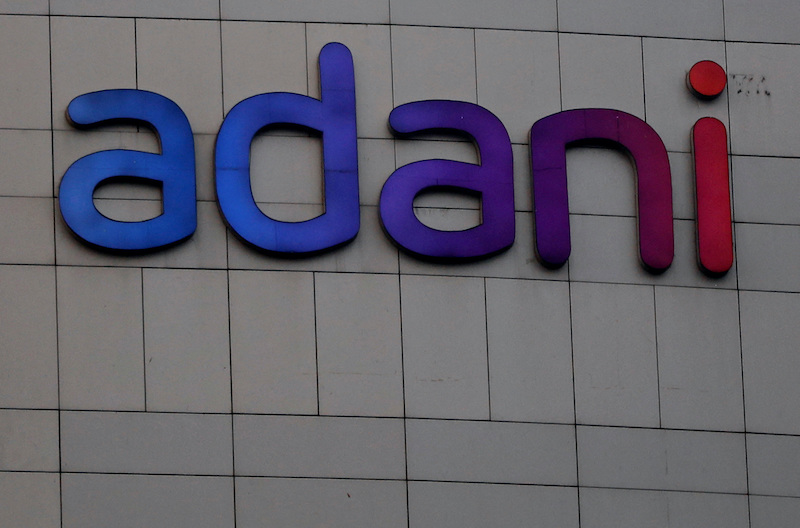Asia stocks were largely up on Friday with South Korea enjoying the largest daily jump in 16 months, and markets in China, Japan, India and Australia all recording small gains.
China stocks closed at their highest level since early March on Friday, gaining for a fourth straight week, as the country stepped up effort to stimulate a Covid-hit economy with an infusion of fresh capital into the banking system to keep liquidity stable.
The blue-chip CSI300 index rose 1.2% to 4,394.77, while the Shanghai Composite Index gained 0.9% to 3,349.75 points and the Hang Seng index climbed 2.1% to 21,719.06.
The People’s Bank of China injected 60 billion yuan ($8.96 billion) worth of seven-day reverse repos, as demand for cash for the end of the first half of the year started to pick up.
Global equity markets rose, as commodities including copper and oil dropped, offering a salve for inflation fears.
Refinitiv data showed strong inflows from foreign investors, totalling more than 13.1 billion yuan ($1.96 billion) through the Stock Connect’s Northbound leg.
Chinese battery giant CATL jumped nearly 5% on news it will start mass production next year of its latest generation product, with greater efficiency that lets electric cars drive longer distances on each charge.
New energy firms added 2.2%, while shares in defence and tourism went up more than 3% each.
Tech giants listed in Hong Kong were up 4.1%, with e-commerce giant Alibaba rising 5.5% amid hints that China’s technology crackdown is abating.
Tech Helps Japanese Shares Rise
Japanese shares also advanced, with tech stocks leading the rise after sharp overnight gains on Wall Street, while sentiment was aided by the domestic central bank’s loose monetary policy.
The Nikkei share average rose 1.23% to 26,491.97, accelerating gains after US futures climbed. The index posted a weekly gain of 2.04%, but has fallen 2.89% so far this month.
The broader Topix rose 0.81% to 1,866.72 and marked a 1.68% weekly gain.
Overnight, Wall Street’s main indexes posted solid gains, fuelled by a strong performance from defensive and tech shares that outweighed declines for economically sensitive groups as worries persisted about a potential recession.
Chip-making equipment maker Tokyo Electron rose 3.98% and provided the biggest boost to the Nikkei. Technology investor SoftBank Group rose 2.37% and air-conditioning maker Daikin Industries climbed 3.44%.
Automakers dropped, with Mitsubishi Motors shedding nearly 8% to become the worst performer on the Nikkei.
Toyota Motor and Subaru slipped 0.71% and 2.89%, respectively, after the two car makers announced recalls of their first mass-produced electric vehicles for the global market.
KOSPI Jumps 2.26%
South Korean shares tracked gains on Wall Street after investors scaled back expectations for inflation and interest-rate hikes, although the benchmark index logged a third straight weekly drop.
The benchmark KOSPI rose 52.28 points, or 2.26%, to 2,366.60 as of 06:32 GMT, the sharpest daily jump since February 2021.
Among heavyweights, messenger platform operator Kakao jumped 6.6%, Naver gained 5.8%, technology giant Samsung Electronics rose 1.74% and peer SK Hynix was up 1.55%, while battery maker LG Energy Solution edged up 1.25%.
Indian Shares Bounce Back
Meanwhile, Indian shares marked their first weekly gain in three on Friday, lifted by sharp gains in automakers and financial stocks, as a slide in commodity prices offered some respite from broadening inflationary pressures.
The NSE Nifty 50 index closed 0.92% higher at 15,699.25, while the S&P BSE Sensex climbed 0.88% to 52,727.98. Both indexes posted weekly gains of 2.7%.
“The recent correction in the prices of several commodities, especially industrial metals, is providing some light at the end of the tunnel with hopes of some of the inflationary pressures easing out,” said Milind Muchhala, executive director at Julius Baer India.
Prices of copper, a bellwether for economic output with its wide range of industrial and construction uses, are headed for their worst week in a year.
The Nifty and the Sensex had fallen for two straight weeks on concerns of central bank aggression amid surging inflation.
Australian Shares Also Lifted by Tech Gains
Gains in technology stocks helped the main Australian index round off the week on a positive note, although worries about a recession were a drag on the energy and mining sectors.
The S&P/ASX 200 index closed 0.77% higher at 6,578.7 on Friday and was up 1.61% for the week, its biggest weekly gain in over three months.
Stock markets globally have been whipsawed in recent sessions as investors debate whether equity valuations have hit a bottom in the wake of a sharp selloff induced by fears of an economic slowdown.
“I think the market is well and truly oversold at this juncture and the selling is now coming to an exhaustion,” said Brad Smoling, managing director at Smoling Stockbroking.
“I suspect bargain hunters are starting to maybe have a nibble. Whether this is the bottom is hard to tell.”
Tech stocks advanced 6%, mirroring gains in their Wall Street peers, which were propped up by a fall in benchmark US Treasury yields.
Shares of buy now, pay later firm Zip Co soared 21.6% and was among the top gainer on ASX 200, while those of ASX-listed rival Block Inc climbed nearly 11%.
Gold stocks rose 0.23%, even as bullion prices headed for their second straight week of declines.
Oil rose by more than $1 a barrel on Friday supported by tight supply, although crude was heading for a second weekly fall on concern that rising interest rates could push the world economy into recession.
Brent crude was up $1.42, or 1.3%, at $111.47 a barrel by 0952 GMT, while US West Texas Intermediate crude gained $1.29, or 1.2%, to $105.56. Both benchmarks were heading for a second weekly decline.
• Reuters with additional editing by Jim Pollard
ALSO ON AF:
Musk Says Tesla ‘Losing Billions’, Trying Not to Go Bankrupt
Japan to Make Wind Power Project Bids More Transparent
Indians Warned High Inflation Will Persist for Three Quarters
























